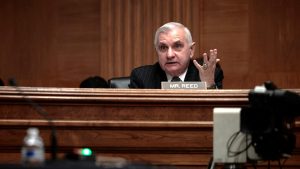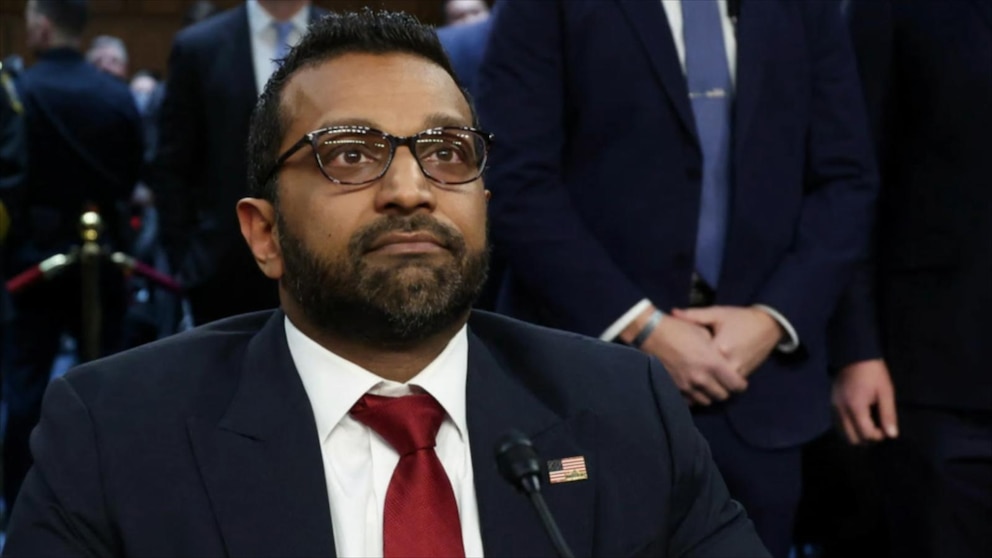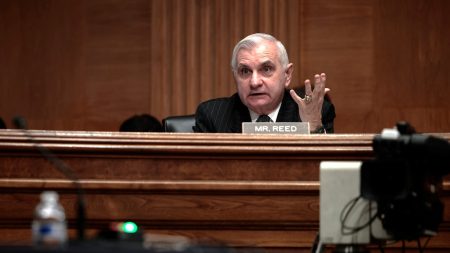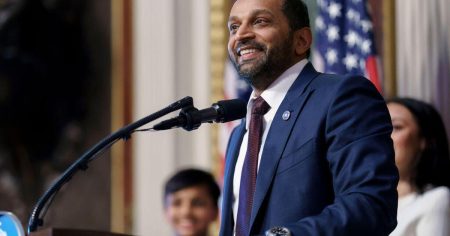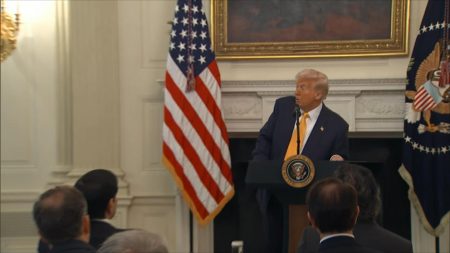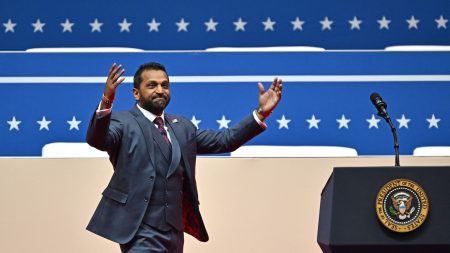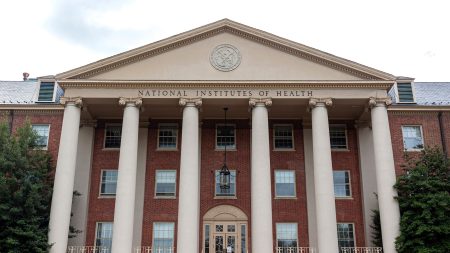Introduction: A Historic Appointment
In a move that has sent shockwaves through the political and legal landscapes, Kash Patel, a figure deeply embroiled in recent American political history, is set to be sworn in as the director of the Federal Bureau of Investigation (FBI). This appointment marks a significant shift in the leadership of one of the nation’s most critical law enforcement agencies, sparking widespread discussion and debate. Patel’s rise to this position is nothing short of extraordinary, given his meteoric trajectory from relative obscurity to the pinnacle of power within the U.S. intelligence community. As the FBI prepares for this transition, the nation braces for what promises to be a transformative era under Patel’s leadership.
Kash Patel: A Man of Controversy and Conviction
Kash Patel, a former federal prosecutor and chief of staff to Acting U.S. Secretary of Defense Christopher Miller during the Trump administration, has been a polarizing figure throughout his career. Born in 1980 in Queens, New York, Patel’s early life and education set him on a path toward public service. He graduated from the University of Richmond and later earned his law degree from Pace University. Patel’s professional journey took him from the U.S. Attorney’s Office in the Southern District of New York to the U.S. House of Representatives, where he served as a top aide to Rep. Devin Nunes (R-CA) on the House Intelligence Committee.
Patel’s tenure in these roles has been marked by both commendation and controversy. Supporters laud his unwavering commitment to national security and his unrelenting pursuit of truth, often referencing his role in uncovering potential abuses of power within the intelligence community. Critics, however, point to his involvement in highly politicized investigations, such as those related to the Trump-Russia probe, and argue that his actions have often blurred the lines between partisan politics and impartial law enforcement.
A Career Marked by High-Stakes Investigations
Kash Patel’s professional trajectory has been defined by his involvement in some of the most contentious and high-stakes investigations of the past decade. His time on the House Intelligence Committee saw him play a central role in the investigation into Russian interference in the 2016 presidential election. Patel was a key architect of the Republican minority’s report, which concluded that there was no evidence of collusion between the Trump campaign and Russian officials—a stance that put him at odds with many of his Democratic colleagues and segments of the intelligence community.
Patel’s subsequent role as a prosecutor and later as chief of staff to the Acting Secretary of Defense further cemented his reputation as a divisive yet formidable figure. His involvement in the Trump administration’s efforts to declassify documents related to the Russia investigation, as well as his role in shaping the administration’s response to national security threats, has led to both praise from Trump loyalists and sharp criticism from opponents who accuse him of politicizing sensitive intelligence.
The Road to the FBI Directorship
Kash Patel’s nomination to lead the FBI has been met with a mix of shock and trepidation from both within and outside the Bureau. Given his history of clashing with elements of the intelligence community and his close association with former President Donald Trump, many have raised concerns about the potential politicization of the FBI under his leadership. However, Patel’s supporters argue that his background as a prosecutor and his deep understanding of national security issues make him an ideal candidate to lead the Bureau at a time when the nation faces a myriad of complex threats, both foreign and domestic.
The process by which Patel’s appointment came to fruition has also been the subject of considerable scrutiny. Unlike previous FBI directors, who typically undergo exhaustive background checks and Senate confirmation hearings, Patel’s appointment appears to have bypassed many of these traditional vetting processes. This has led to questions about the legality and propriety of the appointment, with some legal experts arguing that it sets a dangerous precedent for the future of the agency.
The Challenges Ahead: Leading the FBI in Turbulent Times
As Kash Patel prepares to take the reins of the FBI, he faces a daunting array of challenges that will test his leadership skills and his vision for the agency. The FBI is currently grappling with issues ranging from the rise of domestic extremism to the increasing sophistication of cyber threats. Patel’s ability to navigate these challenges while maintaining the trust and confidence of both the public and the Bureau’s rank-and-file will be crucial to his success.
One of the most pressing questions surrounding Patel’s tenure is how he will approach the issue of politicization within the FBI. Critics fear that his close ties to Trump and his involvement in politically charged investigations could lead to the manipulation of the agency for partisan ends. On the other hand, supporters believe that Patel’s outsider perspective and willingness to challenge the status quo could inject much-needed reform into an agency that has faced its own share of controversies in recent years.
Conclusion: A New Era for the FBI
The swearing-in of Kash Patel as FBI director represents a significant turning point for the agency and the nation. While Patel’s appointment has been met with both enthusiasm and apprehension, there can be no doubt that his tenure will be closely watched by all. As the FBI continues to play a critical role in safeguarding national security and upholding the rule of law, the decisions made by Patel will have far-reaching implications for years to come.
Whether Kash Patel’s leadership proves to be a catalyst for positive change or a source of further division will only become clear in the months and years ahead. For now, the nation waits with bated breath as Patel prepares to take on one of the most challenging and consequential roles in American law enforcement.


